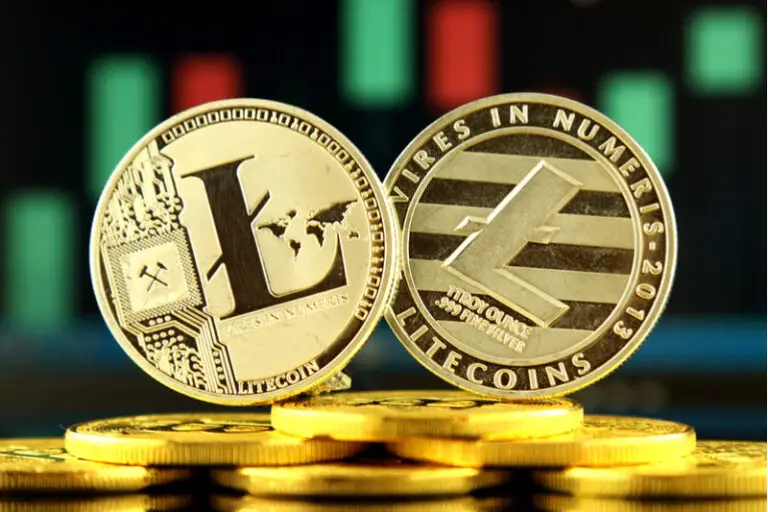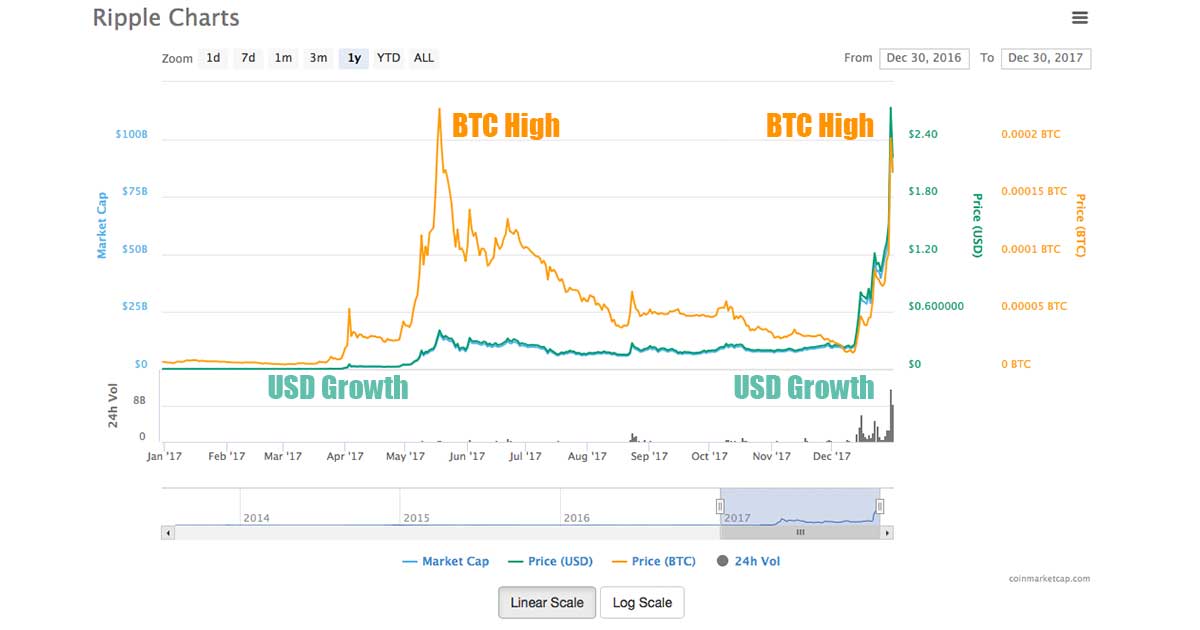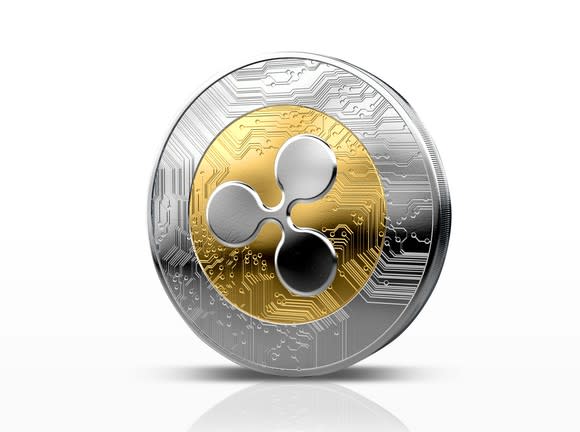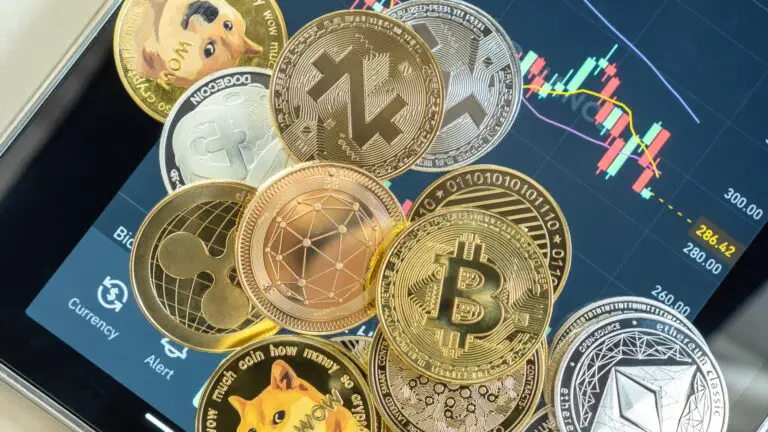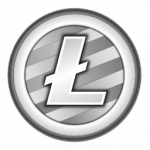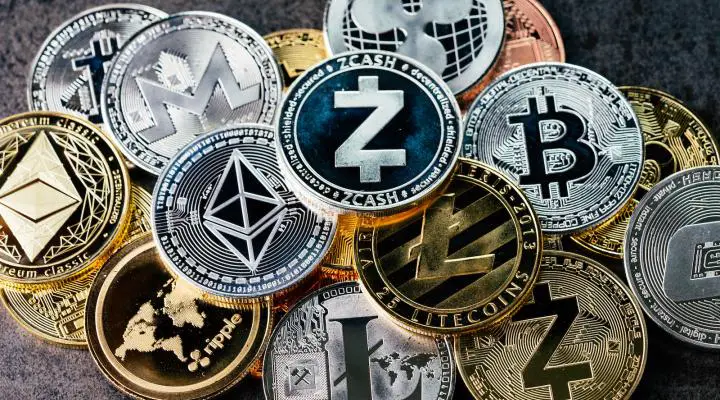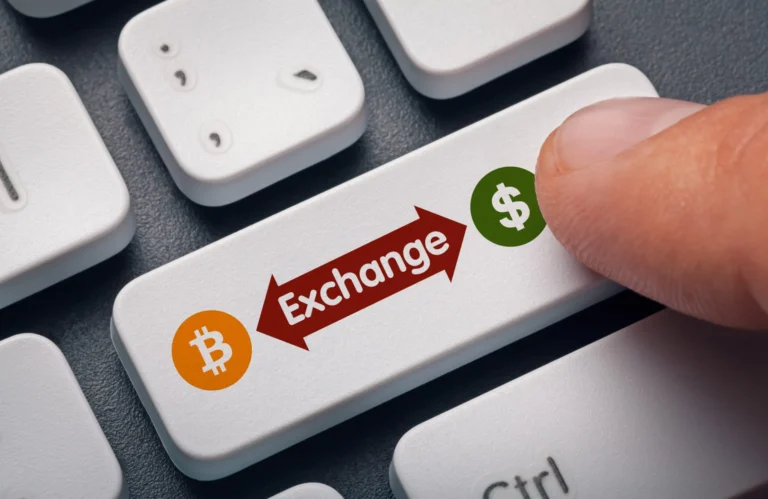Cryptocurrency Exchanges
Platforms that facilitate the trading of cryptocurrencies for other assets, including digital and fiat currencies
What are Cryptocurrency Exchanges?
The most common way to start buying and selling cryptocurrencies and other digital assets, is to transact with Crypto Exchanges. Cryptocurrency exchanges are privately-owned platforms that facilitate the trading of cryptocurrencies for other crypto assets, including digital and fiat currencies and NFTs.
Key Highlights
- The most common way of transacting in cryptocurrencies and other digital assets is via a Cryptocurrency Exchange.
- There are Centralized and Decentralized Cryptocurrency Exchanges, and each offers advantages and disadvantages.

Centralized Cryptocurrency Exchanges (“CEX”)
Centralized cryptocurrency exchanges act as an intermediary between a buyer and a seller, and makes money through commissions and transaction fees. You can imagine a CEX to be similar to a stock exchange but for digital assets.
Popular Crypto Exchanges are Binance, Coinbase Exchange, Kraken, and KuCoin. Much like stock trading websites or apps, these exchanges allow cryptocurrency investors to buy and sell digital assets at the prevailing price, called spot, or to leave orders that get executed when the asset gets to the investor’s desired price target, called limit orders.
CEXs operate using an order book system, which means that buy and sell orders are listed and sorted by the intended buy or sell price. The matching engine of the exchange then matches buyers and sellers based on the best executable price given the desired lot size. Hence, a digital asset’s price will depend on the supply and demand of that asset versus another, whether it be a fiat currency or cryptocurrency.
CEXs decide which digital asset it will allow trading in, which provides a small measure of comfort that unscrupulous digital assets may be excluded from the CEX.
Decentralized Cryptocurrency Exchanges (“DEX”)
A decentralized exchange is another type of exchange that allows peer-to-peer transactions directly from your digital wallet without going through an intermediary. Examples of DEXs include Uniswap, PancakeSwap, dYdX, and Kyber.
These decentralized exchanges rely on smart contracts, self-executing pieces of code on a blockchain. These smart contracts allow for more privacy and less slippage (another term for transaction costs) than a centralized cryptocurrency exchange.
On the other hand, even though smart contracts are rules-based, the lack of an intermediary third party means that the user is left to their own, so DEXs are meant for sophisticated investors.
Advantages of Centralized Cryptocurrency Exchanges
- User-friendly
Centralized exchanges offer beginner investors a familiar, friendly way of trading and investing in cryptocurrencies. As opposed to using crypto wallets and peer-to-peer transactions, which can be complex, users of centralized exchanges can log into their accounts, view their account balances, and make transactions through applications and websites.
- Reliable
Centralized exchanges offer an extra layer of security and reliability when it comes to transactions and trading. By facilitating the transaction through a developed, centralized platform, centralized exchanges offer higher levels of comfort.
- Leverage
One of the other benefits of certain CEXs is the option to leverage your investments using borrowed money from the exchange, called margin trading. It allows investors to reap higher returns, but losses can also be amplified.
Disadvantages of Centralized Cryptocurrency Exchanges
- Hacking risk
Centralized exchanges are operated by companies that are responsible for the holdings of their customers. Large exchanges usually hold billions of dollars worth of bitcoin, making them a target for hackers and theft.
An example of such an incident is Mt.Gox, which was once the world’s largest cryptocurrency exchange company before it reported the theft of 850,000 bitcoins, leading to its collapse.
- Transaction fees
Unlike peer-to-peer transactions, centralized exchanges often charge high transaction fees for their services and convenience, which can be especially high when trading in large amounts.
- Custody of digital assets and risk of fraud
Lastly and most importantly, most CEXs will hold your digital asset as a custodian in their digital wallet rather than allow you to store your private keys on your digital wallet. While more convenient when you want to trade, there are drawbacks, namely the risk of the centralized cryptocurrency exchange failing and fraud.
Recent examples include the failure of the 50 USD billion algorithmic stablecoin TerraUSD and sister token Luna, the bankruptcies of hedge fund Three Arrows Capital, lender Celsius Network, broker Voyager Digital and the sudden collapse of FTX and Alameda Research.
Advantages of Decentralized Cryptocurrency Exchanges
- Custody
Users of decentralized exchanges do not need to transfer their assets to a third party. Therefore, there is no risk of a company or organization being hacked, and users are assured of greater safety from hacking, failure, fraud, or theft.
- Preventing market manipulation
Due to their nature of allowing for the peer-to-peer exchange of cryptocurrencies, decentralized exchanges prevent market manipulation, protecting users from fake trading and wash trading.
- Less censorship
Decentralized exchanges do not require customers to fill out know-your-customer (KYC) forms, offering privacy and anonymity to users. Since DEXs don’t exercise censorship, more cryptocurrencies and digital assets are available than through a CEX. Many Altcoins are only available on DEXs.
Disadvantages of Decentralized Cryptocurrency Exchanges
- Complexity
Users of decentralized exchanges must remember the keys and passwords to their crypto wallets, or their assets are lost forever and cannot be recovered. They require the user to learn and get familiar with the platform and the process, unlike centralized exchanges, which offer a more convenient and user-friendly process.
- Lack of fiat payments
DEXs are best for investors looking to switch from one digital asset to another and not well suited for someone looking to buy or sell digital assets with fiat currency, called on and off-ramping. It makes them less convenient for users that do not already hold cryptocurrencies.
- Liquidity struggles
Some 99% of crypto transactions are facilitated by centralized exchanges, which suggests that they are accountable for the majority of the trading volume. Due to the lack of volume, decentralized exchanges often lack liquidity, and it can be difficult to find buyers and sellers when trading volumes are low.
Top Cryptocurrency Exchanges, Ranked by Volume
Top Centralized Exchanges
The following are the top centralized cryptocurrency exchanges, according to traffic, liquidity, and trading volumes.
- Binance
- Coinbase Exchange
- Kraken
- KuCoin
- Binance.US
- coinmama.com
- Bitfinex
- Gemini
- Coincheck
- Bitstamp
- Bight
- Changelly.com
- Gate.io
- Poloniex
Top Decentralized Exchanges
Below are the highest-ranked decentralized cryptocurrency exchanges, according to traffic, liquidity, and trading volumes:
- Uniswap (v3)
- dYdX
- Curve Finance
- Kine Protocol
- PancakeSwap (v2)
- DODO (Ethereum)
- Sun.io
- ApolloX DEX
- Uniswap (V2)
- Perpetual Protocol
More Resources
Thank you for reading our guide to Cryptocurrency Exchanges.




